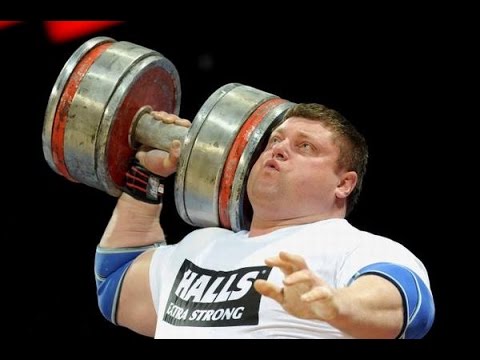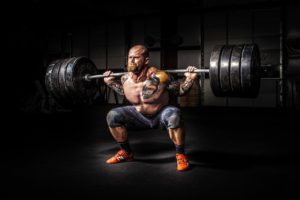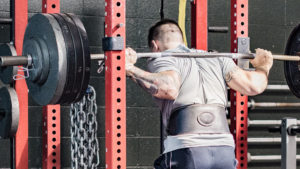What is the secret behind world records? How are they achieved and what is it that these god-like athletes possess?
QUICK POINT…
I thought I would start with this quick article, considering the amount of science I will be discussing from this point forward. I wanted to make sure that those reading would understand the most important factor before incorporating any information they learn: effort. Without effort, nothing can be achieved.
OBSESSION WITH STRENGTH
Coming from a scientific background, I constantly find myself searching for secrets and evidence behind the incredible feats of strength and power people have. Since Ancient Greece, the Stone Age right through to the sports of today, it’s no secret that people have been obsessed with strength and how to achieve it. Sports Science (and all sciences for that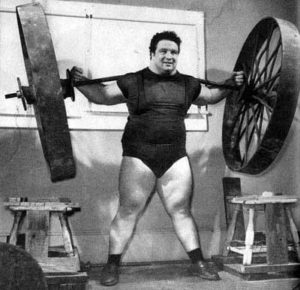 matter) focuses on finding the best explanation for things, based on evidence found from research. What is the most interesting to me, is how many athletes managed to achieve greatness, that may still be untouchable, yet they had virtually no access to the wealth of knowledge we had today. How did they do it? What is their secret?
matter) focuses on finding the best explanation for things, based on evidence found from research. What is the most interesting to me, is how many athletes managed to achieve greatness, that may still be untouchable, yet they had virtually no access to the wealth of knowledge we had today. How did they do it? What is their secret?
I long to find the training methods they used, the periodized programming, nutritional plan, recovery protocols etc. that led to their success. However, I doubt that even the strongest amongst them actually knew about factors such as the force-velocity curve or the optimal loading for kinetic output. I often find myself placing such a huge emphasis on programming, the use of auto-regulation/RPE scales etc. that I wonder if this detracts away from a core principle (that is often dismissed) of simply just working harder.
Now, before I go any further, I am not saying ignore all knowledge out there and train as you wish. That would be ridiculous, and although these people may not have had access to the resources we have today, they will (and did) structure their programming. They will all have consumed specific foods that made them recover quicker, chose exercises that improved weaknesses and used all the information available to them. But it does beg the question, how did they do it without the same amount of information we have?
TOO MUCH INFORMATION…
I think to a certain extent there has been an oversight due to the expanse of information available. I am by no means saying that the science isn’t one of the most important aspects, it is. However, there appears to have been an unintentional divide between the science of sport and the art of application. Often times, scientists will create experiments that fail to acknowledge simple practical aspects, and in the same instance, coaches/practitioners tend to dismiss the findings due to compromise with athletes and so on.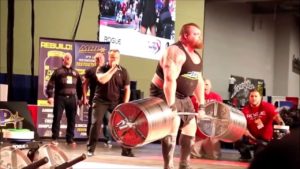
I think the key is finding the balance. At the end of the day, these are two sides of the same coin. Sport Science exists in order to advance our athletic lives and coaching exists as a means of applying the findings. The strongest men and women in history seemed to have found that balance. On top of phenomenal genetics and many other factors, they were able to apply the knowledge available to them how they saw fit, to achieve what they did.
I have been guilty of it myself many times, but focusing so much on the scientific principles at the expense of a solid work ethic is pointless. You could have the most optimally structured plan in the world, monitoring you every hour, but if you don’t put in the effort required, what’s the point?
It is quite obvious then, the main lesson we can draw from them is that training, nutrition, recovery etc. all the important things that encompass my own field of study, are worthless if you do not have the commitment and determination to utilise it all. It’s like having all the ingredients and the perfect recipe for a cake, it’s not going to get made if you never stepped foot in the kitchen.


